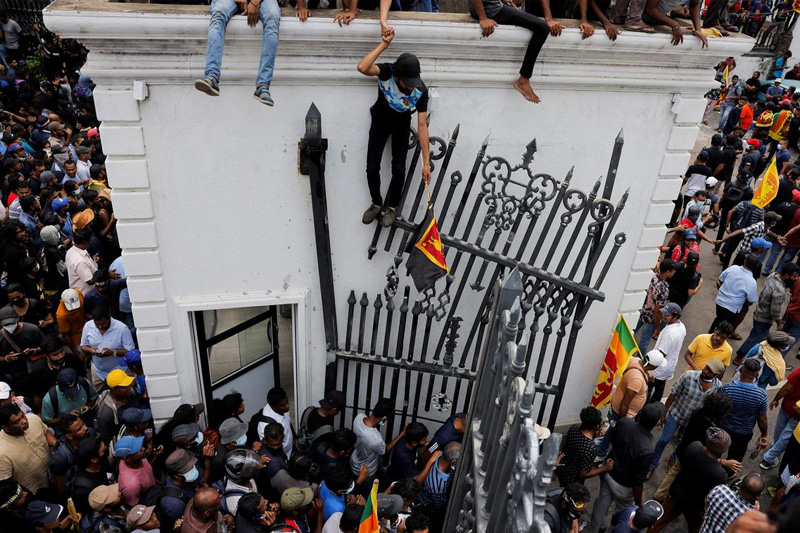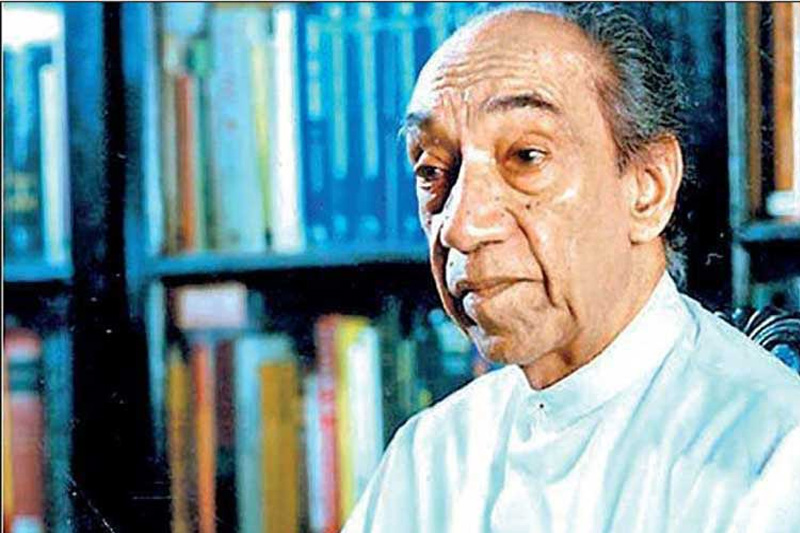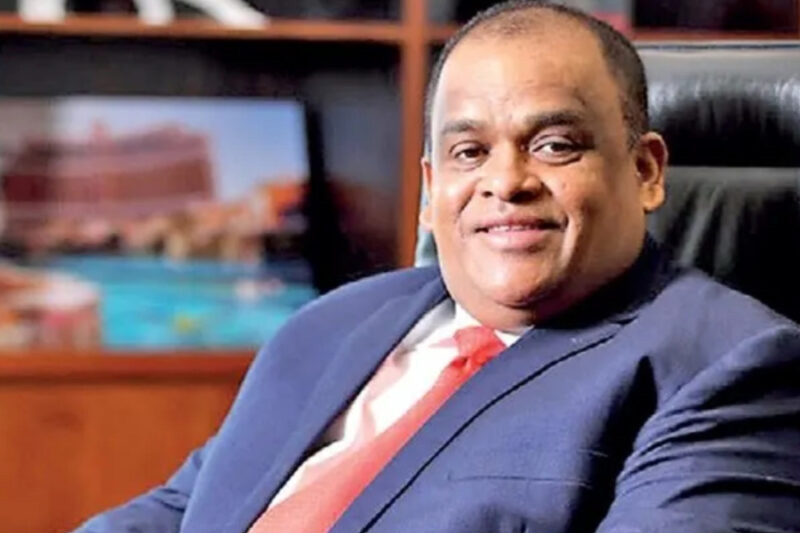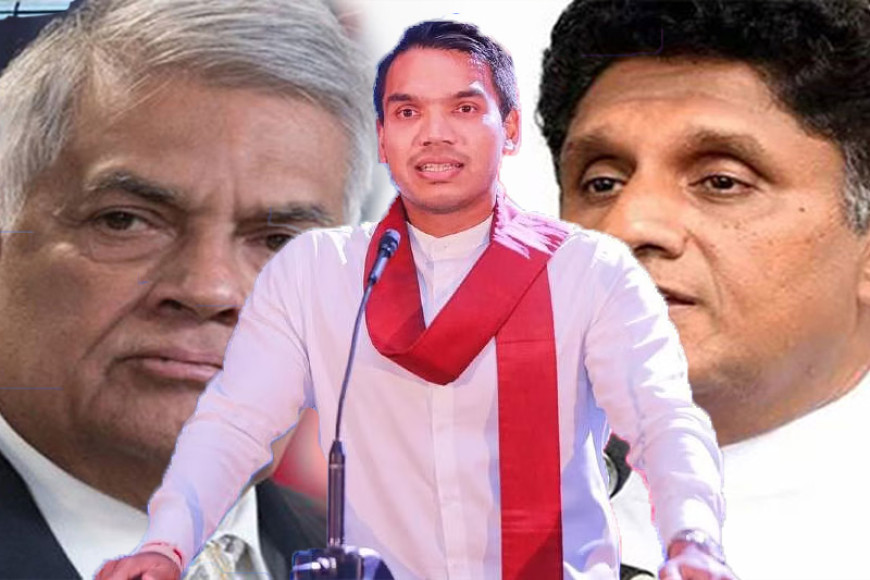By Rohana Jith
The 2024 Presidential Election in Sri Lanka is marked by a divided ruling party, strategic alliances, and the emergence of new contenders, making it one of the most unpredictable elections in recent times.
The race for presidency is shaping up to be a four -cornered contest with with the entry of Namal Rajapaksa, the Sri Lanka Podujana Peramuna (SLPP) candidate. The election is scheduled to be held on September 21, Sri Lanka’s election commission announced.
If the current political developments with Namal’s attempt to split SLPP weakening the president hand and the failure to arrange considerable number of crossovers from the SJB , then the president might dissolve the parliament and use his power to call for general election .
Samagi Jana Balawegaya (SJB) has decided not to appoint new MPs for the moment in place of Harin Fernando and Manusha Nanayakkara who lost their seats following their expulsion from the SJB which was upheld by the Supreme Court yesterday.
The party hierarchy which met yesterday has decided to fill the vacancies of the two MPs after the September 21 Presidential election, party sources said.
Meanwhile, it was also reported that MP Imthiaz Bakeer Markar will be appointed as new Chairman of the party.
This will be the first election after the people’s uprising of 2022, which forced the then President Gotabaya Rajapaksa to resign and flee the country. The serious contenders include Wickremesinghe’s one-time party colleague Sajith Premadasa, who founded the political alliance Samagi Jana Balawegaya (SJB), and the Janatha Vimukthi Peramuna chief Anura Kumara Dissanayake.

The 2024 Presidential Election is set to be a fiercely contested battle, with key candidates including President Ranil Wickremesinghe, Samagi Jana Balawegaya (SJB) leader Sajith Premadasa, and Anura Kumara Dissanayake of the Janatha Vimukthi Peramuna (JVP)-led National People’s Power (NPP).
The race has become even more intriguing with the entry of Namal Rajapaksa, the Sri Lanka Podujana Peramuna (SLPP) candidate. Despite his slim chances of winning, Namal's candidacy aims to stabilize the SLPP and prevent further member attrition, with a long-term goal of the 2029 Presidential Election.
The SLPP’s internal division has created turmoil within the Wickremesinghe Government, leading to public infighting among SLPP ministers and state ministers. Reports suggest that at least eight state ministers are likely to support Namal, potentially resigning from the Government. This includes figures like D.V. Chanaka, Thenuka Vidanagamage, Indika Anuruddha, and others. The Wickremesinghe camp estimates that around 15 SLPP members who previously supported him may withdraw their backing to support Namal.
The Wickremesinghe Government’s majority in Parliament has been called into question due to the SLPP split, but Chief Government Whip, Minister Prasanna Ranatunga, insists that the Government can continue functioning with a simple majority.
This situation may prompt President Wickremesinghe to exercise the presidential power of dissolution to dissolve parliament and call for elections in before they are due more than a year later in 2025.
In 1982, President Jayewardene did not want to let go of the massive majority he had in the parliament elected in 1977. He kept it going through the referendum chicanery.

No one wants this parliament to keep going except the Rajapaksa MPs. The prospect of its dissolution soon is as good as it can get in the circumstances.
The northern political sphere is using the upcoming election to press demands on the southern parties, such as holding elections for the nine defunct provincial councils and devolving police powers, as per the 13th Amendment (13A) to the Constitution.
Both President Wickremesinghe and Opposition Leader Premadasa have shown openness to discussing these demands, though not before the presidential election.
A Strategic Affairs Committee was formed between President Wickremesinghe and the SLPP leadership, involving key figures like Basil Rajapaksa and Prasanna Ranatunga. Despite initial cooperation, tensions arose over issues such as the divestiture of state property, causing a rift that deepened after the SLPP decided to field its own presidential candidate rather than supporting Wickremesinghe. While a significant number of SLPP members still back Wickremesinghe, the exact figures are disputed, with estimates ranging from 67 to 92 supporters.
Businessman Dhammika Perera briefly considered running as the SLPP’s candidate but withdrew due to personal reasons, including superstitions linked to Feng Shui and concerns over a planned political campaign against his business empire.

Within the SLPP, there is a strategy to create a two-way race between their candidate and others like Premadasa and Dissanayake. However, the party faced setbacks when key members, Rohitha Abeygunawardena and Pavithradevi Wanniarachchi, declared their support for Wickremesinghe instead of the SLPP’s candidate. This internal dissent is further complicating the SLPP’s position.
Meanwhile, the Samagi Jana Balavegaya (SJB) is strengthening its alliance, with new political groups and civil organizations joining forces to support Premadasa. This coalition, known as the Samagi Jana Sandanaya, formalized their alliance in a signing ceremony at the Sugathadasa Indoor Stadium.



